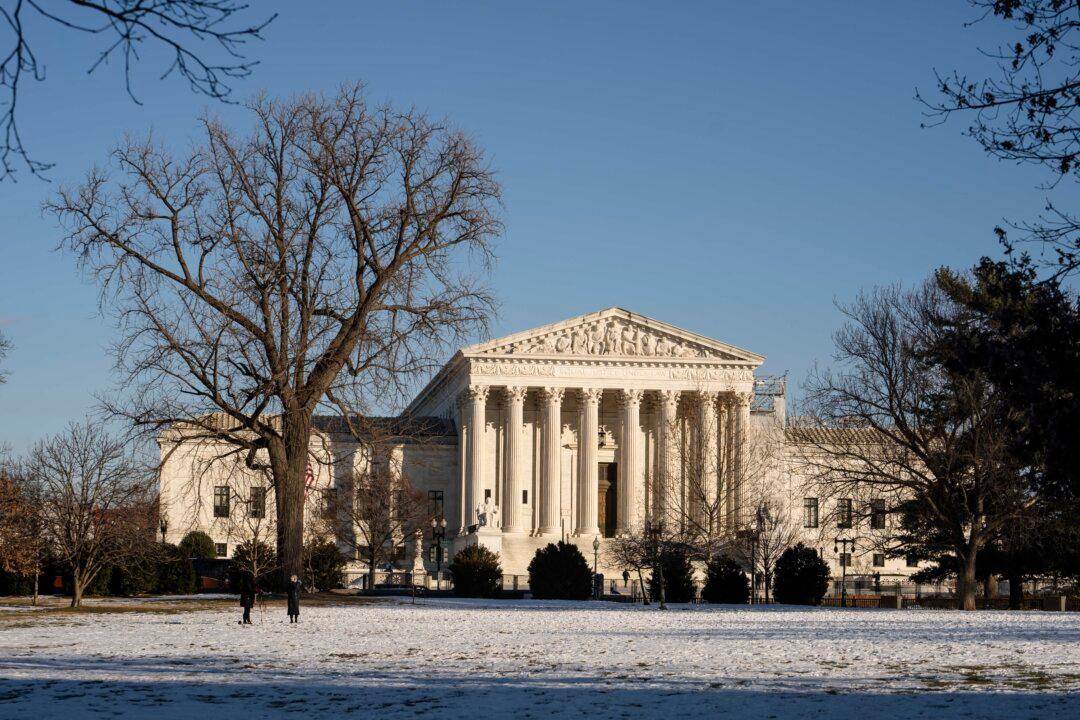The U.S. Supreme Court heard oral arguments on Jan. 22 in a case in which Cornell University employees sought to revive their class action lawsuit alleging that their retirement plans charged exorbitant fees and were mismanaged.
The case, Cunningham v. Cornell University, arose when about 30,000 Cornell University employees alleged that their employer’s defined contribution retirement plans, which had $3.3 billion in funds under management, paid excessive recordkeeping fees from 2010 to 2016. They said the fees were so high because the plans offered too many investment choices and dealt with too many recordkeepers, according to the petition.





